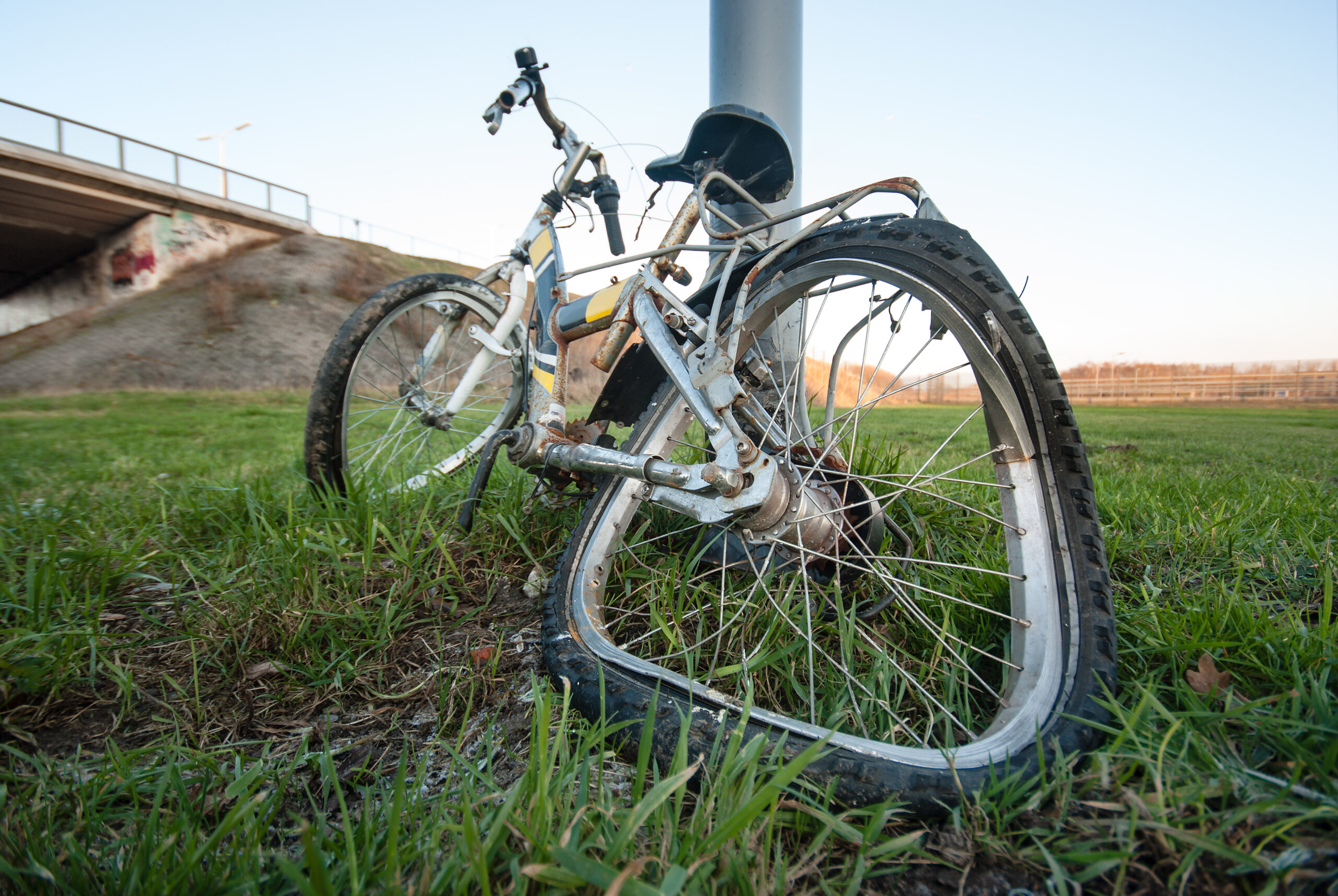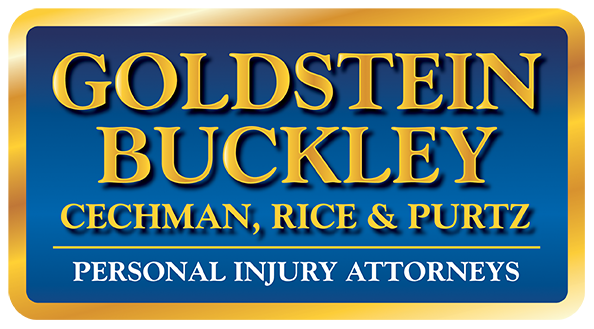Bicycle accidents can be traumatic experiences, leaving victims with injuries, medical bills, and property damage. In Naples, Florida, where the warm climate and scenic landscapes make cycling a popular activity, accidents involving bicycles are not uncommon. When such accidents occur, determining liability becomes crucial in pursuing a personal injury claim. One essential legal concept that comes into play in these cases is comparative negligence. In this article, we’ll delve into what comparative negligence means in the context of bicycle accidents in Naples, Florida, and the requirements involved in such cases.
What Is Comparative Negligence?
Comparative negligence is a legal principle used to allocate responsibility for an accident or injury between parties involved. In Naples, Florida, and many other states, the comparative negligence system is used to determine the extent to which each party contributed to the accident. This system allows for a fair assessment of liability, even if the injured party was partially at fault.
Understanding how comparative negligence works is crucial in bicycle accident cases. Let’s illustrate this concept with an example:
Suppose a cyclist is riding on a Naples road, and a motorist fails to stop at a red light, colliding with the cyclist. However, the cyclist was not wearing a helmet, which is a violation of Florida’s helmet law. In court, it is determined that the motorist was 80% at fault for running the red light, while the cyclist was 20% at fault for not wearing a helmet.
Under comparative negligence rules, the cyclist can still pursue a personal injury claim against the motorist, but their compensation will be reduced by their degree of fault. In this case, if the total damages were $10,000, the cyclist would receive $8,000 (80% of $10,000) as their compensation.
Requirements for Comparative Negligence in Bicycle Accident Cases
Now that we’ve established what comparative negligence is, let’s explore the requirements for applying this principle in Naples, Florida bicycle accident cases.
- Duty of Care: Every road user in Naples, Florida, including cyclists and motorists, owes a duty of care to others on the road. This duty includes obeying traffic laws, exercising caution, and taking reasonable steps to prevent accidents.
- Breach of Duty: To establish a comparative negligence claim, it must be demonstrated that one or more parties involved in the accident breached their duty of care. This could involve actions such as running a red light, speeding, or failing to yield to a cyclist.
- Causation: It must be proven that the breach of duty directly caused the accident and subsequent injuries. In other words, the negligent actions of one or more parties must be the primary cause of the accident.
- Damages: To pursue a personal injury claim, the injured party must have suffered actual damages, such as medical expenses, property damage, pain and suffering, or lost wages.
- Comparative Negligence Assessment: Florida follows a pure comparative negligence system. This means that even if the injured party is partially at fault, they can still recover damages. However, the compensation they receive will be reduced by their degree of fault. As previously mentioned, if the injured party is found to be 20% at fault, their compensation will be reduced by 20%.
- Statute of Limitations: In Naples, Florida, and throughout the state, there are time limits, known as statutes of limitations, for filing personal injury claims. Typically, you have four years from the date of the accident to file a lawsuit. It’s important to consult with an attorney and take legal action within this time frame.
Why You Need Legal Representation
Navigating the complexities of comparative negligence in bicycle accident cases can be challenging. Insurance companies often seek to minimize their payouts by attributing a higher degree of fault to the injured party. Therefore, it’s essential to have experienced legal representation to protect your rights and maximize your potential compensation.
An experienced personal injury attorney can:
- Investigate the Accident: Attorneys have the resources and expertise to thoroughly investigate the accident, collect evidence, and interview witnesses to establish liability.
- Calculate Damages: Your attorney can accurately calculate the full extent of your damages, including medical bills, future medical expenses, lost wages, and pain and suffering.
- Negotiate with Insurance Companies: Legal professionals are skilled in negotiating with insurance companies to secure a fair settlement on your behalf. They can also take your case to court if a suitable settlement cannot be reached.
- Represent Your Interests: A lawyer will advocate for your rights and interests, ensuring that you are not unfairly assigned a higher degree of fault than you deserve.
The Importance of Safe Bicycling Practices
While understanding comparative negligence is crucial in Naples, Florida bicycle accident cases, prevention is always the best course of action. Bicycle safety should be a top priority for all cyclists. Here are some essential safety tips to help reduce the risk of accidents:
- Wear a Helmet: Although not wearing a helmet may not prevent you from pursuing a personal injury claim in some cases, it’s a critical safety measure. A helmet can significantly reduce the risk of head injuries and increase your chances of survival in a crash.
- Obey Traffic Laws: Bicycles are considered vehicles in Florida, and cyclists must adhere to the same traffic laws as motorists. This includes obeying traffic signals, stop signs, and yielding the right of way when required.
- Use Bike Lanes and Paths: Whenever possible, stick to designated bike lanes and paths. Naples has an extensive network of bike lanes and trails that can enhance your safety.
- Stay Visible: Make yourself as visible as possible to motorists. Wear bright clothing during the day and reflective gear at night. Ensure your bike has lights and reflectors.
- Signal Your Intentions: Use hand signals to indicate turns and stops. Clearly communicate your intentions to motorists and other cyclists.
- Stay Alert: Avoid distractions while cycling, such as using your phone or wearing headphones. Stay focused on the road and your surroundings.
- Watch for Parked Cars: Be cautious when riding past parked cars, as doors can suddenly open. Leave enough space to avoid being “doored.”
- Keep Your Bike in Good Condition: Regularly inspect your bicycle to ensure it’s in proper working order. Faulty brakes, worn tires, or loose parts can lead to accidents.
- Avoid Riding on Sidewalks: In Naples, it’s generally not recommended to ride your bicycle on sidewalks, as this can pose risks to pedestrians. Stick to the road or designated bike paths.
- Ride Defensively: Always assume that motorists may not see you. Be prepared to react quickly to potential hazards and keep a safe distance from vehicles.
By following these safety tips, you can reduce your risk of being involved in a bicycle accident and, subsequently, the need to navigate the complexities of comparative negligence in a legal context.
In Naples, Florida, bicycle accidents can result in serious injuries and financial hardships. Understanding comparative negligence and its application in these cases is crucial for those seeking compensation. By meeting the requirements outlined above and seeking legal representation, injured parties can pursue personal injury claims and receive compensation even if they were partially at fault for the accident.
If you or a loved one has been involved in a bicycle accident in Naples, Florida, it’s essential to consult with an experienced personal injury attorney. The team at Goldstein, Buckley, Cechman, Rice & Purtz, P.A. is here to assist you in understanding your rights, navigating the legal process, and fighting for the compensation you deserve. Contact us today to schedule a consultation and take the first step toward securing your future. Your recovery and financial well-being are our top priorities.
